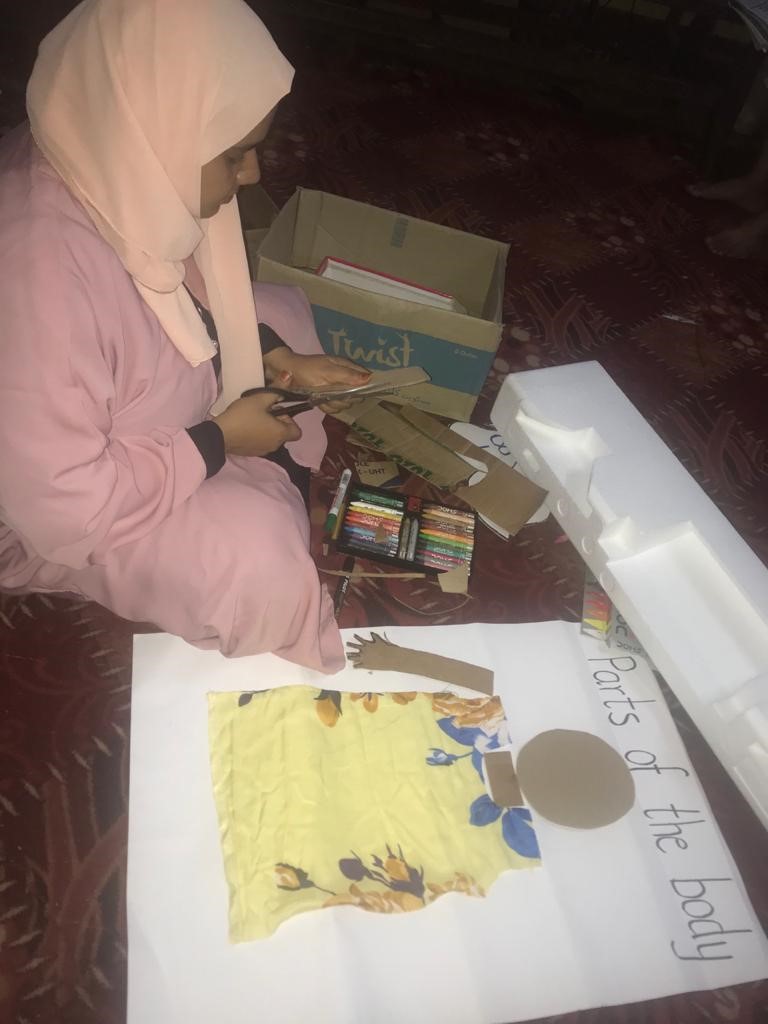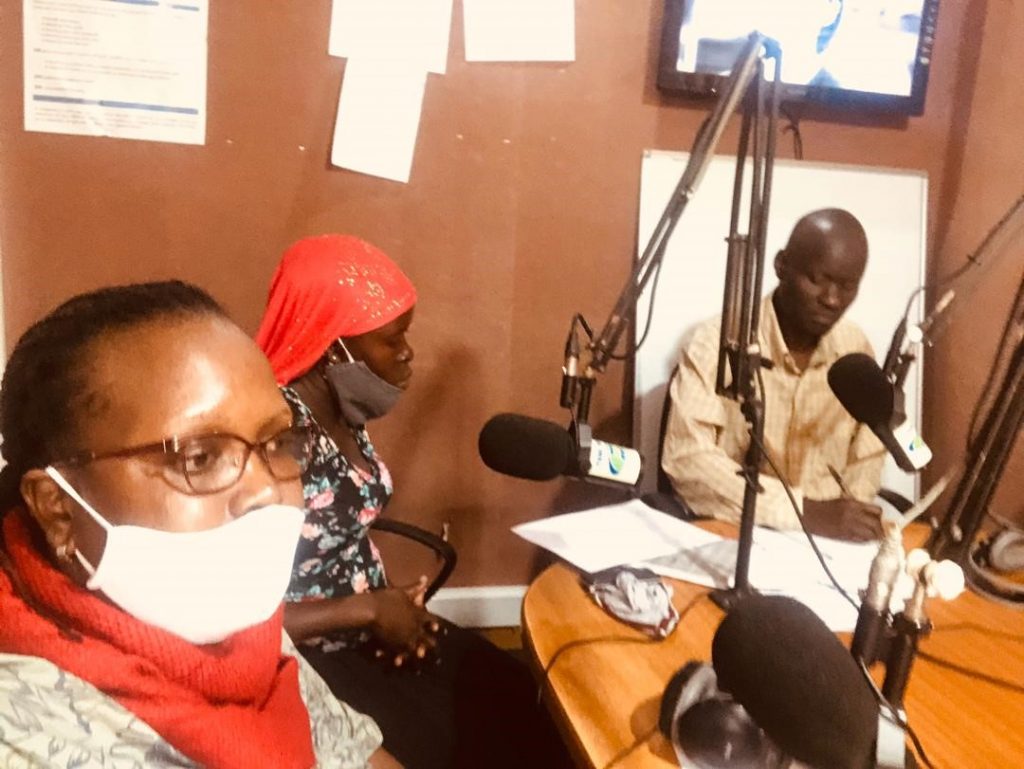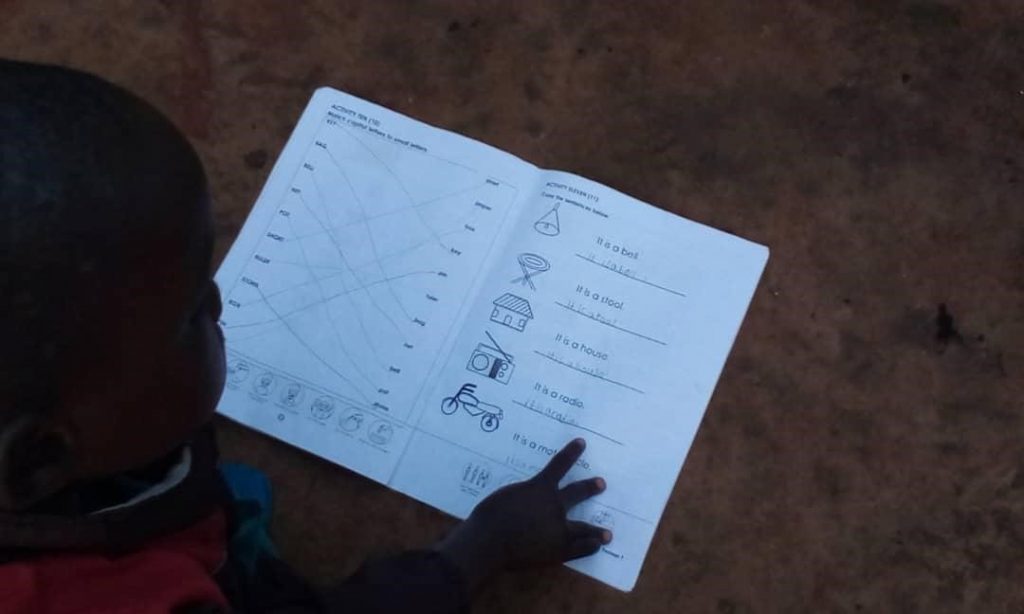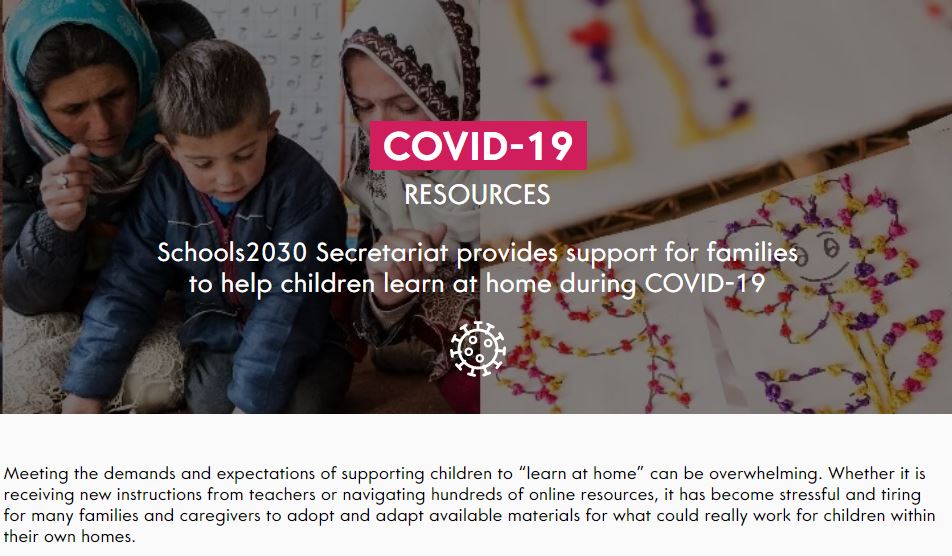By Tracey Evans, Program Manager, Education
“Back-to-school” looked very different this September – not only in Canada, but in our partner communities across Africa and Asia. Educators, parents, and policymakers around the world have grappled with a common question for months: how to keep children safe while learning?
When schools across East Africa closed in mid-March – like many schools around the world – there was no clear indication of how long the closures would last. The Government of Uganda’s initial statement on March 20 insinuated that this decision would likely last 30 days, at which point they would revisit their stance… a decision that has yet to be reversed for most schools across the country.
Kenya, for its part, has officially announced that most schools will remain closed for the remainder of the calendar year. This year will be considered a lost academic year, with students being required to start their grade level again in January.
While schools are closed, local governments have been delivering various long-distance learning programs to keep students engaged. In Kenya, students can tune in to television shows designed to help kids keep learning. The Ugandan government has distributed printed study materials and radios for students to listen to academic radio programming.
With support from the Government of Canada, Aga Khan Foundation Canada (AKFC) and our partners have spent the past five months planning and implementing a COVID-19 response plan geared towards helping children in Uganda, Tanzania, and Kenya continue learning at home during school closures.
This plan is embedded within the Aga Khan Development Network’s (AKDN) broader COVID-19 response framework, developed in March 2020 to guide the AKDN’s response to the pandemic across all of our geographies. AKFC’s plan also builds on a suite of resources that the AKDN has developed to help educators and families support children’s learning at home during the COVID-19 crisis.
Supporting at-home learning looks very different across different contexts. In some remote and isolated areas, phone and print-based materials are most appropriate. In other cases, where children have access to TVs or radios, media is a key channel for encouraging their education.
For example, in Kenya, Aga Khan Foundation has animated and filmed a series of short video stories, in partnership with the Government of Canada and the LEGO Foundation. These stories are aired on national television to encourage kids’ passion for storybooks and reading.
Wherever we work, AKDN always prioritizes working in partnership with local government authorities, building on their investments, and supporting existing initiatives to amplify their impact. Regardless of the context or country, a few common themes have emerged which are core tenets in the design of our at-home learning materials.
Promoting gender equality: School closures and community lockdowns have increased multiple risks for girls in the communities where we work. Girls less likely to be allotted time at home to study, as their families often overburden them with household chores and childcare responsibilities for their younger siblings. The risk of gender-based violence has also increased significantly throughout the pandemic, due to stress and isolation. As such, we have worked to ensure that any of our educational resources and programs reinforce positive messaging around gender equality and every girl’s right to education. We host radio talk shows for parents to support them in teaching their children at home, and use these shows as an opportunity to engage in a discussion on the importance of girls’ education. The printed learning materials we distribute to households are gender-sensitive and use examples and pictures that challenge harmful gender norms.
Supporting teachers: The pandemic took the entire world by storm, but few professions have been more aggressively impacted than teaching. Within the span of a few weeks, teachers have been expected to become distance educators, IT experts, and social workers for their students, all while coping with the impacts of the pandemic themselves. Our response programs have been designed through consultations with teachers, with the aim of providing teachers with the resources and training they need to take on these new roles and responsibilities. For example, we are establishing WhatsApp groups that allow teachers to support one another and share tips for distance learning. We are also implementing distance training programs to help teachers learn about new materials and pedagogical practices to help them navigate today’s challenging circumstances.
“The Madrasa Early Childhood Programme-Kenya helped sharpen my skills in developing teaching and learning resources using low-cost, locally available materials with a focus on the COVID-19 situation. We develop these materials and share in our WhatsApp group for further guidance from other teachers. I currently use these materials to facilitate online lessons for my pre-primary 2 class, making learning fun and interactive for my children. I also encourage parents to make the same materials for their children to physically manipulate, to help ensure better learning for children while at home.” Teacher Khairat Ghazy, Mombasa County, Kenya

Addressing inequity: For many communities where AKDN works, school closures risk amplifying already existing inequities in education systems. Students who live in more urban areas, who have access to digital learning technologies, and who are permanent residents or citizens (rather than refugees or internally displaced persons) are more likely to have access to distance learning opportunities. Others risk being left behind. Our response has been designed to ensure that the resources and services we develop are provided to all learners, regardless of their identity, background, gender, socio-economic status, or ability. By working with community partners and establishing local task forces comprised of parents, teachers, and government stakeholders, we are working to ensure that our programs directly respond to the needs of all learners in the regions where we work.

While we hope children return to the classroom as soon as possible, we also recognize that in some countries, the rates of COVID-19 infection are still too high, and the school-level sanitation and hygiene infrastructure is not yet adequate. Until schools are ready to re-open, we will continue to support students across our communities to keep learning from home in ways that are responsive to their needs.
And when schools do finally re-open, we’ll be just as eager to support education ministries, head teachers, and educators in taking on the challenges that will come with teaching in this new era of education.

With financial support from:


